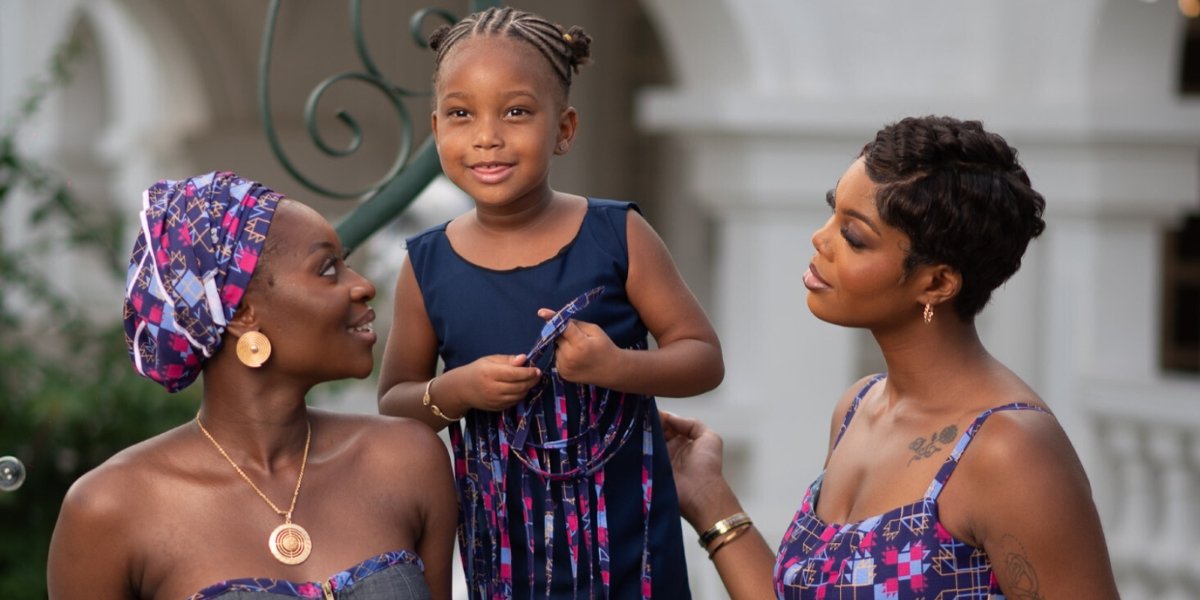In recent years, there has been a noticeable shift in the portrayal of black characters in media. No longer confined to token roles or stereotypical caricatures, black characters are increasingly being depicted as multifaceted individuals with depth, complexity, and agency. In this article, we’ll explore how black characters have evolved in media and examine the factors driving this shift towards more authentic representation.
Breaking Stereotypes and Tropes
One of the most significant changes in the portrayal of black characters in media is the move away from stereotypes and tropes. Historically, black characters were often relegated to limited and one-dimensional roles, such as sidekicks, criminals, or comedic relief. However, in recent years, there has been a growing awareness of the harmful impact of these stereotypes, leading writers, producers, and filmmakers to challenge and subvert traditional tropes. As a result, black characters are now more likely to be portrayed as fully realized individuals with their own unique personalities, motivations, and storylines.
Embracing Diversity and Representation
Another driving force behind the evolution of black characters in media is the push for greater diversity and representation on screen. As audiences demand more inclusive and authentic portrayals of people of color, creators are responding by introducing a wider range of black characters from diverse backgrounds, experiences, and perspectives. From superheroes and leading roles to complex supporting characters, black characters are now occupying a more prominent and varied space in film, television, and other forms of media. This increased visibility and representation not only reflect the diversity of the real world but also provide audiences with a more nuanced and inclusive viewing experience.
Empowering Black Voices and Creatives
The rise of black voices and creatives in the entertainment industry has also played a crucial role in shaping the portrayal of black characters in media. As black writers, directors, producers, and actors gain more influence and creative control behind the scenes, they are able to shape narratives and characters that reflect their own lived experiences and perspectives. This shift towards authentic storytelling has led to a greater emphasis on nuanced and culturally rich portrayals of black characters, with a focus on authenticity, empathy, and empowerment.
Telling Diverse and Intersectional Stories
In addition to breaking stereotypes and embracing diversity, creators are also telling more diverse and intersectional stories that explore the complexities of black identity and experience. Black characters are being portrayed in a wide range of roles and genres, spanning from historical dramas and social justice narratives to romantic comedies and science fiction epics. These diverse narratives allow black characters to exist not only as individuals but also as members of larger communities, families, and social networks, providing audiences with a more holistic and nuanced understanding of black culture and identity.
Celebrating Black Excellence and Achievement
Another important aspect of the evolving portrayal of black characters in media is the celebration of black excellence and achievement. From showcasing the talents of black actors and performers to highlighting the accomplishments of black characters in various fields and industries, creators are shining a spotlight on the positive contributions of black individuals to society. This celebration of black excellence serves as a powerful counter-narrative to the pervasive stereotypes and negative portrayals that have long been perpetuated in media, empowering black audiences and inspiring future generations.
Fostering Empathy and Understanding
Ultimately, the evolution of black characters in media is about fostering empathy and understanding among audiences. By presenting black characters as fully human and relatable individuals, creators are challenging preconceived notions and stereotypes and encouraging viewers to see the world through different perspectives. Through the power of storytelling, media has the potential to bridge divides, spark conversations, and inspire social change, creating a more inclusive and equitable society for all.
Moving Past Tokenism
The portrayal of black characters in media has undergone a significant evolution in recent years, moving beyond tokenism to embrace authenticity, diversity, and representation. By breaking stereotypes, embracing diversity, empowering black voices, telling diverse and intersectional stories, celebrating black excellence, and fostering empathy and understanding, creators are reshaping the narrative landscape and challenging the status quo. As we continue to push for greater inclusivity and representation in media, the portrayal of black characters will undoubtedly play a central role in shaping the future of storytelling and cultural representation.








